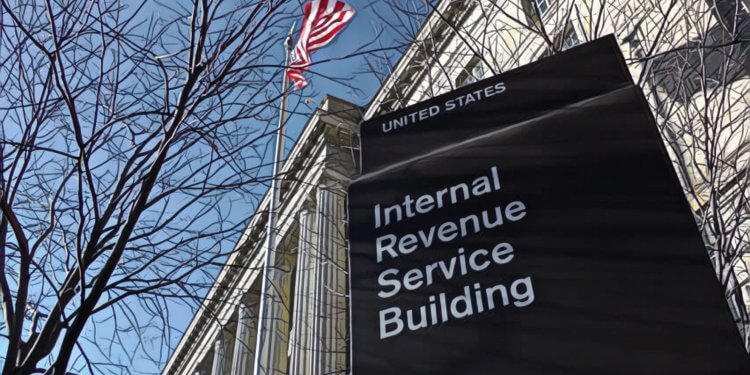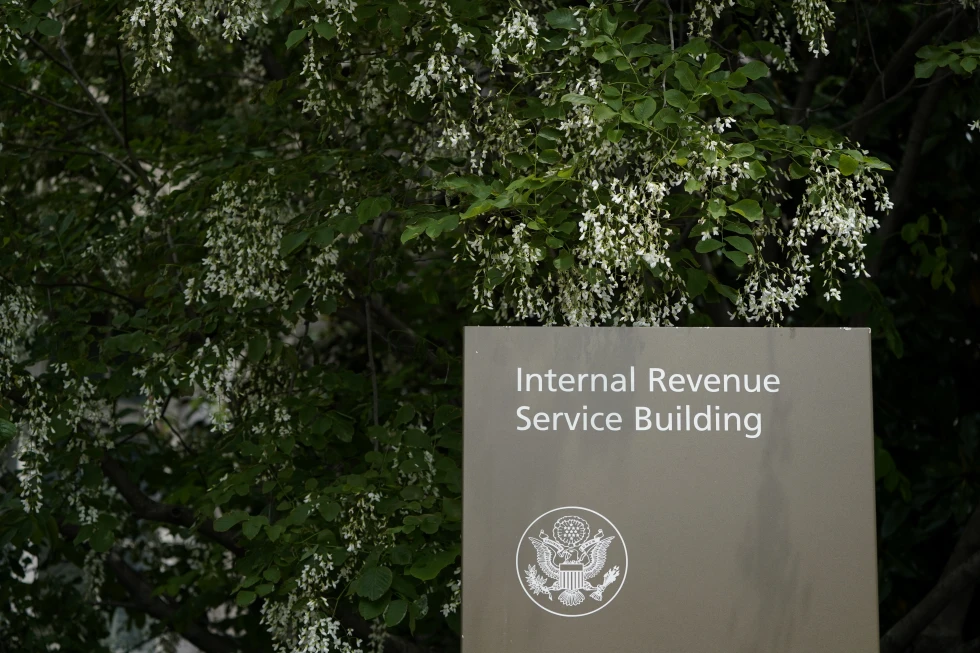The recent analysis released by the Treasury Department and the IRS indicates that the IRS is projected to collect a significantly larger sum of overdue and unpaid taxes than previously projected.
This development is expected to result in a substantial increase in tax revenues, potentially amounting to as much as $561 billion from 2024 to 2034.
The enhanced enforcement efforts, made possible by the funding allocated through the Democrats’ Inflation Reduction Act, which was enacted into law in August 2022, are credited with driving this anticipated surge in tax collections.
While the Congressional Budget Office had initially estimated that the increased IRS funding from the IRA would lead to a revenue boost of $180.4 billion from 2022 to 2031, the IRS now asserts that with the restoration, renewal, and diversification of IRA funding, the projected revenues could soar to an impressive $851 billion from 2024 to 2034.
This development underscores the potential impact of targeted funding and enforcement measures in bolstering tax collection efforts and shoring up government revenues.
The administration officials have been utilizing the report to advocate for President Joe Biden’s economic agenda as he embarks on his reelection campaign.
This strategic move is aimed at garnering support for the President’s policies and initiatives, particularly in the realm of economic reform.
The report serves as a powerful tool in the arsenal of the administration, providing empirical evidence and data to bolster their arguments and persuade the public of the necessity and efficacy of the proposed economic measures.
Furthermore, the timing of this utilization of the report is crucial, as the IRS continues to grapple with ongoing funding challenges and threats.
By leveraging the findings of the report, the administration seeks to underscore the importance of adequately funding and supporting the IRS in order to effectively carry out its crucial role in the nation’s economic infrastructure.
In doing so, they hope to rally public and legislative support for bolstering the IRS’s resources and capabilities, thereby strengthening the foundation for the President’s economic agenda.
In a recent analysis, National Economic Adviser Lael Brainard asserted that President Biden’s proposed investment in revitalizing the Internal Revenue Service (IRS) is poised to yield significant reductions in the national deficit, potentially amounting to hundreds of billions of dollars.
This initiative aims to ensure that affluent individuals and major corporations fulfill their tax obligations, thereby contributing to the overall financial stability of the country.
Brainard further criticized the actions of Congressional Republicans, contending that their efforts to curtail IRS funding underscore a prioritization of enabling the wealthiest segments of society and large corporate entities to circumvent tax responsibilities, at the expense of addressing the deficit.
Notably, the Inflation Reduction Act allocated an $80 billion financial boost to the IRS. However, House Republicans subsequently incorporated a $1.4 billion reduction in IRS funding into the debt ceiling and budget cuts package approved by Congress last summer.
Additionally, a separate agreement diverted an extra $20 billion from the IRS over the ensuing two years towards non-defense programs.
Rep. Jason Smith, the Republican chairman of the House Ways and Means Committee, voiced his concerns in a statement regarding the recent report.
He expressed skepticism towards the call for increased IRS funding, citing the use of optimistic figures without transparently addressing the potential impact of substantial new enforcement efforts.
Smith cautioned that heightened funding would likely lead to a significant surge in audits for taxpayers earning less than $75,000.
Furthermore, he highlighted Treasury Secretary Janet Yellen’s directive to IRS leadership, emphasizing the instruction to refrain from elevating audit rates for individuals earning less than $400,000 annually following the enactment of the IRA.
In response to these developments, the IRS has endeavored to demonstrate prudent utilization of its remaining resources, with recent enhancements to customer service unveiled at the commencement of the tax season on January 29.
Moreover, the IRS recently announced the successful recovery of approximately half a billion dollars in delinquent taxes from affluent tax evaders.
These developments underscore the critical importance of adequately funding the IRS and ensuring its capacity to enforce tax compliance, thereby safeguarding the nation’s fiscal health.
The recent allocation of funding to the Internal Revenue Service (IRS) is expected to have a significant impact on the collection of overdue and unpaid taxes.
This development comes at a crucial time, as the IRS grapples with the challenge of ensuring that individuals and corporations fulfill their tax obligations.
Following the enactment of the IRA, Treasury Secretary Janet Yellen has instructed IRS leadership to refrain from increasing audit rates for individuals earning less than $400,000 per year.
This directive underscores the government’s commitment to fair and equitable taxation, particularly for those with lower incomes.

The IRS faces substantial hurdles in compelling taxpayers to fulfill their tax liabilities. Notably, the audit rate for millionaires declined by over 70% between 2010 and 2019, while large corporations experienced a similar decrease of more than 50%.
Greg Leiserson, Treasury’s Deputy Assistant Secretary for Tax Analysis, highlighted how the recent funding for the IRS is poised to reverse this trend.
By bolstering the IRS’s resources, the funding is expected to enhance the agency’s ability to address the growing tax gap, which currently exceeds $600 billion annually.
This development underscores the critical role of the IRS in safeguarding the integrity of the tax system and ensuring that all taxpayers contribute their fair share.
The infusion of funding is a proactive step towards addressing the challenges associated with tax collection, and it is anticipated to yield substantial improvements in the IRS’s capacity to enforce tax compliance.
